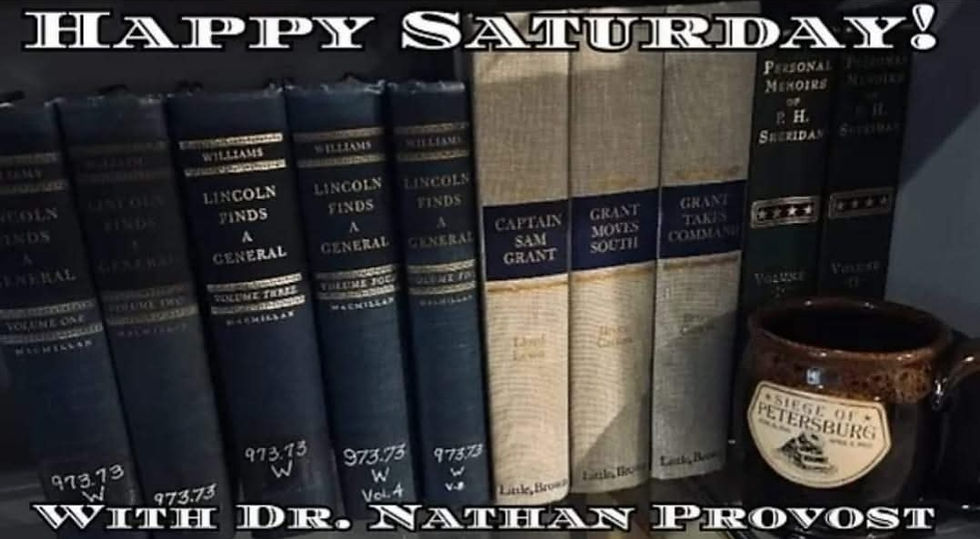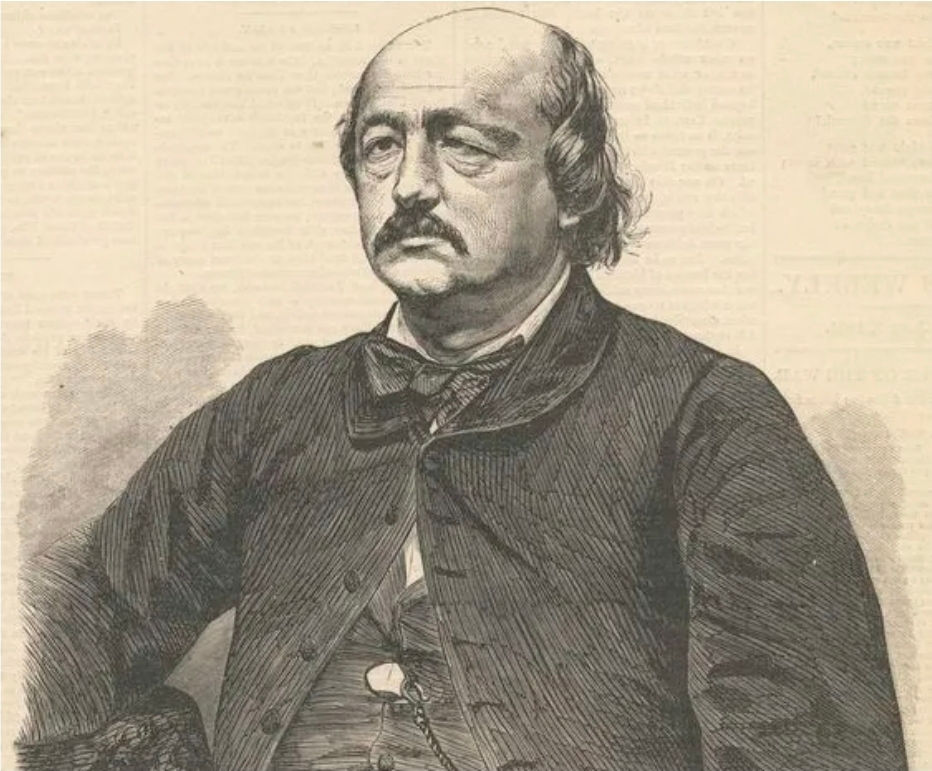Is It Politics or War: Benjamin Butler
- darrenscivilwarpag8
- Aug 9
- 5 min read

With a stubby body, a bald head, and awkward features, Benjamin Butler was a well-known War Democrat in the United States government at the outbreak of the Civil War. A native of New Hampshire, his father fought alongside Andrew Jackson in the War of 1812. He turned out to be a successful lawyer and held various leadership positions within the militia. When the war broke out, he lobbied Secretary of War Simon Cameron for an appointment as a Brigadier General. It was unusual for a Democrat to sympathize with Abraham Lincoln's Republican Party. Before the war, he spoke out against the abolition of slavery and supported the Compromise of 1850. However, he could not forgive the South's betrayal of the Union like many northerners. His early role in the war was fraught with success in Maryland as he restored order, transportation, and secured the capital of Annapolis. He was promoted to Major General of volunteers following his success in the state.

His role in the Civil War is most notable for three key positions. The first was his command at Fortress Monroe. Second, his command of occupied New Orleans, and finally, his command in the Eastern Theater during Ulysses Grant's Virginia Campaign. At Fortress Monroe, Butler took in enslaved people and referred to them as "contraband" to prevent their return to enslavers. Enslaved people made up a large part of the Confederate war effort, and because they referred to enslaved people as "property," Butler said they could be taken by the United States government. In Louisiana, the people were unhappy with his command over them. He issued General Order No. 58, which prohibited any women from criticizing or harassing Union soldiers, and if they did so, then soldiers must treat them as someone of "low status."
Finally, Butler was brought back east as Grant planned his strategy to win the war in 1864. The War Department gave Butler the command of the Army of the James, which played a significant part in Grant's plans. He was responsible for landing on the Bermuda Hundred Peninsula and capturing Richmond while Grant accompanied the Army of the Potomac as they confronted the Army of Northern Virginia. Unlike Sigel or Crook's campaigns, Grant let Butler design the campaign and wholly agreed with his plans, making minimal changes. He foresaw that he would most likely concentrate his army with Butler's Army of the James at some point in the campaign, whether it was at Richmond or Petersburg. Butler's initial movements proved effective. It seemed by the second week of May that Butler would be outside the gates of Richmond. Unfortunately, Grant's own hand got in the way.
Grant ordered both Quincy Gilmore and William "Baldy" Smith to accompany Benjamin Butler on the Bermuda Hundred Campaign to act as "advisors." Grant already considered William "Baldy" Smith for commanding the Army of the Potomac should he decide to remove George Meade from command. Yet, this event did not take place. Instead, Smith and Gilmore performed inadequately on the campaign, often hesitant in their attacks, while Butler acted as the aggressive campaign manager Grant desired. As a result, the Army of the James lost the Battle of Proctor's Creek and was "bottled up" on the peninsula by May 17, 1864. The general-in-chief realized that Smith was not up to the task by the end of the Battle of North Anna and recalled his corps to the Army of the Potomac. He trusted Butler more than he did Smith, despite Chief of Staff Henry Halleck's misgivings about Butler for his political connections.
Butler's dispositions remained important for the Army of the Potomac as they provided support during the movement across the James River and later took part in the Siege of Richmond and Petersburg. Butler played a prominent role in one military action against Richmond by late September. Butler designed another impressive plan that Grant altered slightly. But the purpose was to induce the surrender of Richmond to Union forces on September 29, 1864, before election day the next month. The Union armies attacked Richmond and Petersburg in hopes that Lee would be forced to choose between the two cities. Should the Union fail to capture Richmond, they might take Petersburg. If the Confederates decided to occupy Petersburg, they might capture Richmond. It almost worked. Union forces won the Battles of New Market Heights and Fort Harrison, coming close to the suburbs of Richmond. Unfortunately, the last attack on Fort Gilmer was poorly coordinated and failed. Butler's attention to the victory at New Market Heights impacted his performance the rest of the day. He had every right to be proud of the United States Colored Troops that helped win the battle, but Butler became distracted by future movements. As a result, the Union was unable to capture Richmond. It was not enough to draw more troops from Petersburg away either, but it did thin Confederate lines further.
Butler's last role as a general came in December of 1864 when he commanded the Expeditionary Force assigned to capture Fort Fisher in North Carolina. Grant ordered him to coordinate with the Navy Under Admiral David Porter. Unfortunately, their rapport broke down over command and control. Butler was more interested in experiments than in the planning of the operation. He wanted to try to destroy rebel defenses by blowing up a ship with gunpowder near the rebel works. It failed miserably. The army that landed on the beach was not ordered to advance, and Grant received reports that an attack on the Fort was possible, but Butler failed to act. Lincoln was already reelected as president in November of 1864, so Grant had no more use for Butler and sacked him following this failed expedition. Butler gave a series of interviews in the north ridiculing Grant's performance, but he felt scorned by the general-in-chief.

Butler was very different from his political contemporaries. He showed administrative prowess in the National Army, and he was not an incompetent general. An able tactician, but hardly an operational or strategic genius. He set the standard on the policy of contraband and encouraged the use of USCT in the National Army. He is representative of a rare class of men who could be thrown into combat and serve adequately among veteran soldiers. No one exceeded this position more than John Logan. Butler did, however, prove much more effective than the fighting German, Franz Sigel.
Leonard, Elizabeth D. Benjamin Franklin Butler: A Noisy, Fearless Life. Chapel Hill: The University of North Carolina Press, 2022.
Woodworth, Steven E. Grant’s Lieutenants: From Chattanooga to Appomattox. Lawrence, Kansas: University Press of Kansas, 2024.







Comments